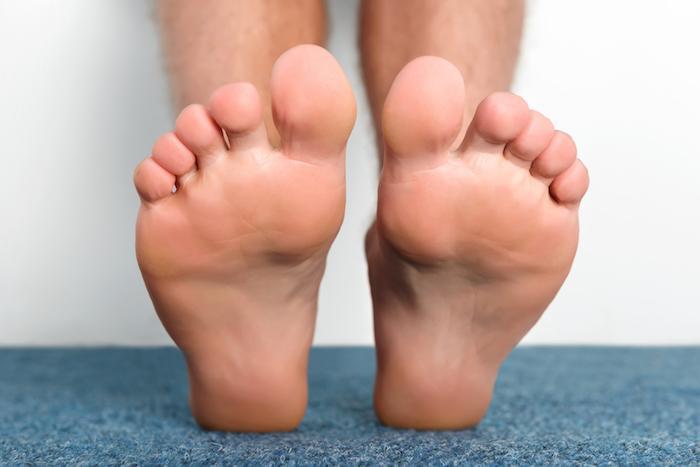How Does Diabetes Affect Your Feet?

The numbers surrounding diabetes are eye-opening — almost 10% of the population in the United States has diabetes, and this number is increasing by 5% each year. It’s little wonder that the medical world is calling diabetes a national (and global) crisis. And one of the more insidious side effects of this disease is the impact it can have on your foot health.
At Arlington/Mansfield Foot and Ankle Centers, our diabetic foot-care specialists possess the experience and knowledge you need to offset the serious foot-health problems that stem from diabetes. With expert oversight and increased vigilance, we can help you stay one step of diabetic foot-health problems.
Here’s what you need to know about how diabetes affects your feet.
The long reach of diabetes
As we mentioned, diabetes is a systemic problem because of its impact on your body’s very life force — your blood. With diabetes, your body either doesn’t produce enough (or any) insulin to regulate the levels of glucose in your bloodstream, or your body becomes resistant to insulin.
This allows sugar to build up in your blood, which can lead to circulatory issues, especially in places where your blood has to fight both gravity and distance — namely, your feet.
With poor blood flow in your feet, your nerves can become damaged in a condition known as peripheral neuropathy. In fact, the lifetime prevalence of diabetic neuropathy is about 50% among diabetics, which is a number that should provide a wake-up call for anyone with the disease.
Know the signs of diabetic neuropathy
Since the incidence of diabetic neuropathy is so high, you’d do well to familiarize yourself with the early symptoms. This is important because the earlier we identify the problem, the more easily we can slow or reverse the nerve damage.
The most common signs of diabetic neuropathy include:
- Pain or tingling in your feet
- Wounds that don’t heal
- Swelling in your feet
- Loss of balance or coordination
- A change in gait
- A loss of muscle tone
At the first signs of any of these symptoms, it’s important that you seek our help immediately. Left unchecked, diabetic neuropathy has very serious and life-altering consequences that can lead to amputation, which is why early intervention is key.
Preventive steps
One of the best ways for you to safeguard the health of your feet is to take proactive steps. First and foremost, it’s critical that you manage your diabetes properly by regulating your blood sugar levels. You can accomplish this with the help of your primary medical team.
When it comes to your foot health, you can protect yourself by:
- Inspecting your feet daily
- Washing and drying your feet and between your toes daily
- Wearing comfortable shoes that don’t squeeze your feet or toes
- Using custom orthotics
- Trimming your toenails carefully (straight across)
While there’s much you can do on your own to prevent diabetic foot problems, it’s also important to enlist the help of experts in the field. At Arlington/Mansfield Foot and Ankle Centers, we provide comprehensive diabetic foot care and the expert oversight your feet need to stay one step ahead of diabetic foot problems.
Simply give one of our locations in Arlington or Mansfield, Texas, a call or use the easy online scheduling tool to request an appointment.
You Might Also Enjoy...

5 Ways To Avoid Calluses and Blisters and the Best Way To Treat Them

5 Tips for Preventing a Gout Flare-Up Over the Holidays

What Are the 5 Stages of a Diabetic Foot?

Flat Feet and Lower Back Pain: What’s the Connection?


